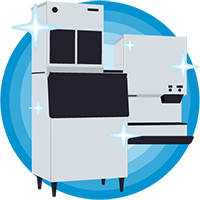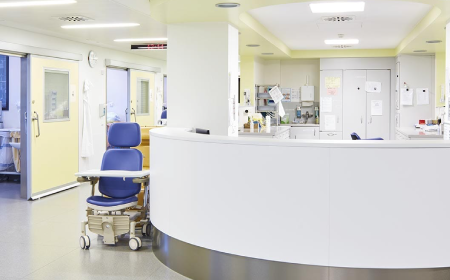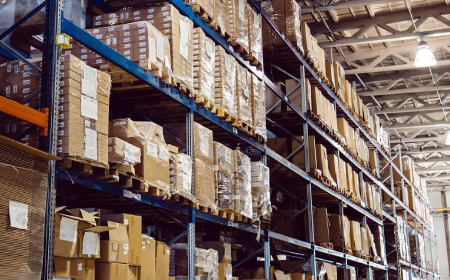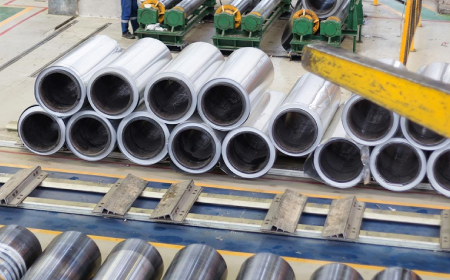Get Your Ice
The Easy Waysm
With the only all-inclusive ice
program
HEAR KELVIN TELL YOU HOW
RENTAL PROGRAM HIGHLIGHTS
Top Quality Ice Machines, Bins & Dispensers
Delivery & Installation
Preventive Maintenance & Cleaning
All Repairs, Including Parts & Labor
Professional Grade Water Filtration System
Complimentary Breakdown Ice
Simple Ice Machine Upgrade Program
30-Day Cancellation for Qualified Customers
Commercial Ice Machines for Every Industry
The Ice Machine Experts
Get started with our rental program

Premium Equipment Done Right
Our rental solution goes far beyond providing top-rated equipment. Easy Ice takes the time to understand your business needs and find the perfect match for you.

Unmatched Service
We have thousands of service calls under our belt. All repair, cleaning, and maintenance practices are powered by the largest database of ice machine solutions in the world.

Availability When You Need It
Unexpected issues happen, and we're always ready. Whether it's a repair or covering your backup ice due to mechanical failure, we've always got you covered—365 days a year.









